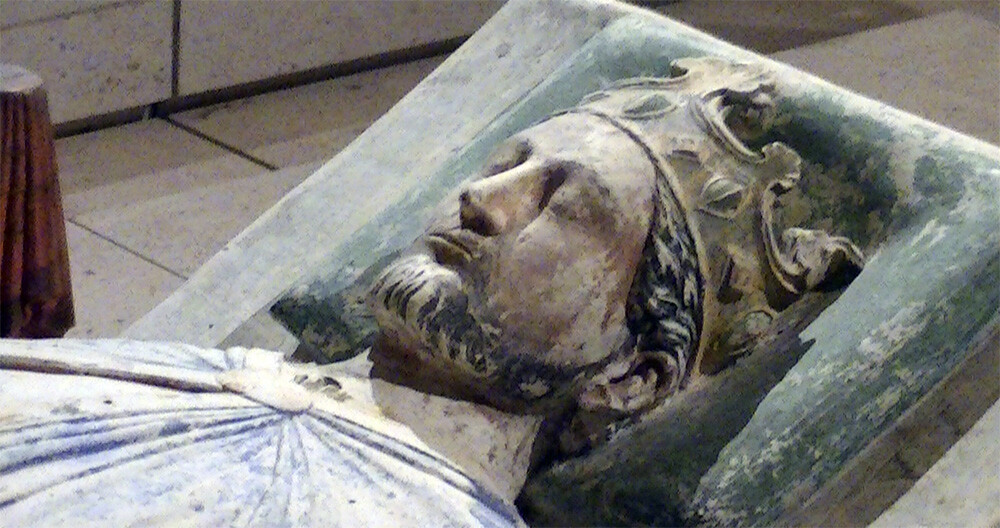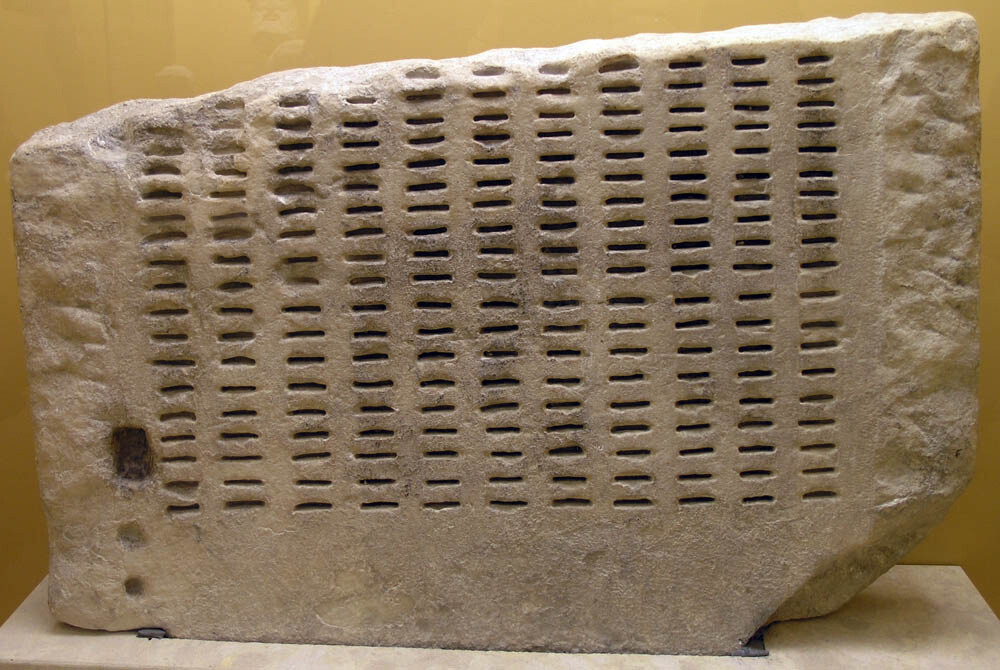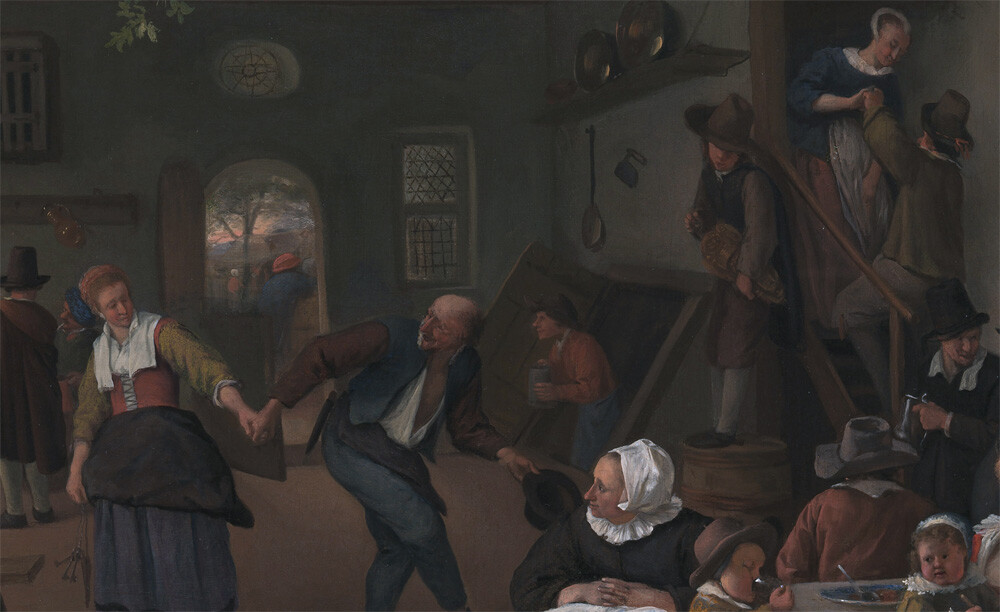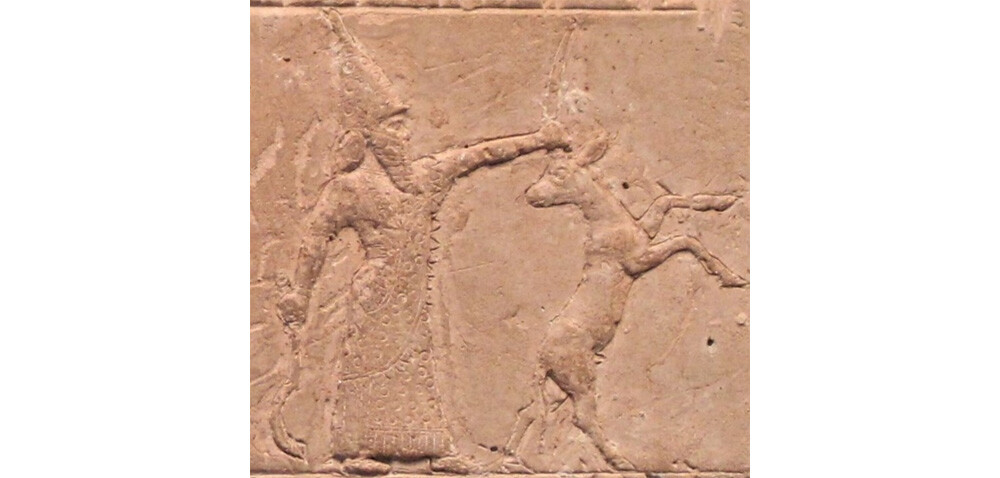Athens used normal elections for a few other positions, but sortition had some advantages over voting. An oligarch could bribe people into voting him into the Assembly, but when an office was assigned randomly, no corruption could score you that spot.
The problem with sortition was that while it gave everyone an equal shot at political office, we don’t always want everyone to have an equal shot. We want to prioritize whoever the public wants to get the position, and whoever’s qualified. Like, maybe no one in Athens wanted their next Councilor to be Diocles, who was both the village idiot and the most evil man in town.
Of course, if people do want to vote for Diocles, that’s their right, but what if no one wants him — why should he have any any chance of winning then? Just because elections get it wrong sometimes doesn’t mean we have to roll some dice and let the gods decide.











